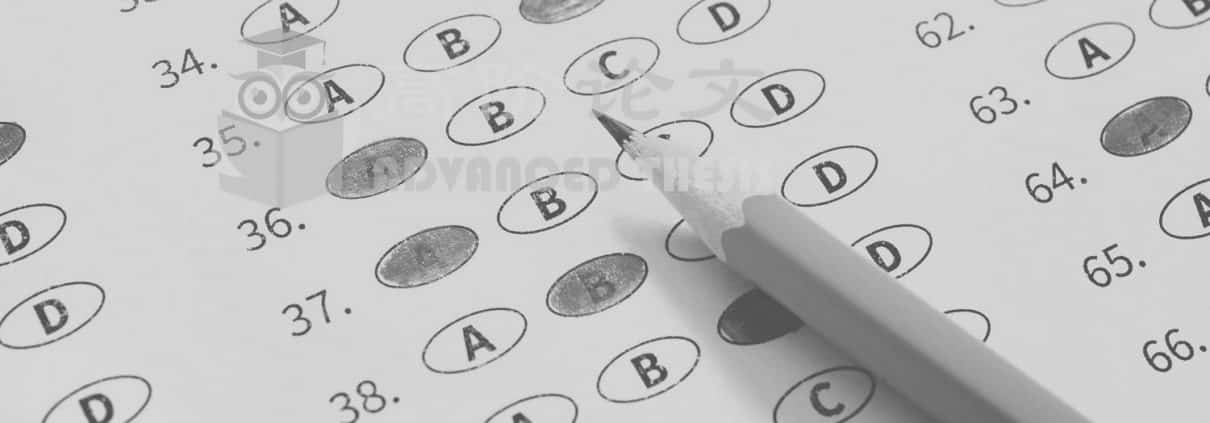英国论文延期:药物捐赠原则
英国论文延期:药物捐赠原则
如果捐助国或受援国在捐赠毒品的过程中不考虑上述关键原则,这些捐赠不仅是无用的,而且会给受援国带来问题。首先,如果捐赠的药物不符合国家的需要,就会使国家的制药公司的情况变得更糟(Kevin, 2009)。其次,一些捐赠并不考虑捐赠的药物数量。因此,过量的药物会导致特定药物的积压。管理人员在处理这些过量的药物方面面临困难。第三,医院从不使用捐赠的药物。他们的医生对这种药物的用法和不良反应没有任何经验。他们不能给病人发放这些药物,所以这些药物被浪费了。第四,如果药品质量不符合标准,可能会对患者的健康造成不利影响。此外,如果上述标准都达到了,但是这些药物的保质期不足,那么它们对制药公司、政府或医院仍然没有任何用处。他们将不得不抛弃它们。
英国论文延期:药物捐赠原则
这里出现的问题是,世卫组织实际上负责管理和遵守上述在一个国家讨论的毒品捐赠原则的原则。Huebner(2013)强调政府有责任支持药品捐赠,而不是制药公司。根据药品的特殊性,只有政府才能严格控制生产、配送、仓储、运输等部门。因此,政府应该选择和购买的药物从制药公司。接下来,将不同种类的药物送到不同的灾区。研究还表明,医药企业是商业实体。他们需要收入作为其他业务,以支付材料和生产成本,但万一他们进行捐赠。这些应该是非盈利性的。它们与在缺乏适当药物的地区提供药物的责任没有关系。这意味着制药公司的制造商可以自行选择是否捐赠药物。因此,制药公司没有责任强制为贫困地区和部分地区提供必要的药物支持。
If drug donors or recipients do not consider the above key principles in the process of drug donation, these donations will not be only useless rather it will create problems in the recipient country. Firstly, if the donated drugs are not in compliance with the need of country, they will make the situation worse for pharmaceutical companies of the country (Kevin, 2009). Secondly, some donations are not considerate towards the amount of medication donated. Therefore, excessive amounts of drugs result in a backlog of specific drugs. The managers face difficulty in dealing with these excessive amounts of medications. Thirdly, the hospital never uses some types of donated medications. Their doctors have no experiences about the usage and untoward effects of the specific drugs. They cannot issue these medicines to patients so these medications are wasted. Fourthly, if the quality of drugs does not meet the standard they may adversely affect the health of patients. Moreover, if all the above criteria are being fulfilled, but the drugs have insufficient shelf life, they will still be of no use to the pharmaceutical companies, government or hospitals. They will have to discard them.
英国论文延期:药物捐赠原则
The question, here, arises that who is actually responsible for managing and observing principles of the above discussed principles of drug donations in a country. Huebner (2013) emphasizes that government has responsibility of supporting the donations of drugs, instead of pharmaceutical companies. According to the special nature of medicines, only the government can strictly control the production, distribution, storage, transport and other sectors. Hence the government should choose and buy the medications from the pharmaceutical companies. Next, send diverse types of medications to the different disaster area. The research also shows that pharmaceutical companies are business entities. They need income as other businesses to cover costs of material and production but in case they conduct donations. These should be non-profit. They have no relationship with the liability of provision of drugs in the areas which lack proper medication. It means that the manufacturers of pharmaceutical companies can choose whether they donate the medications by themselves. Therefore, the pharmaceutical companies have no responsibility to forcibly support the essential medications to the poor area and some places.








